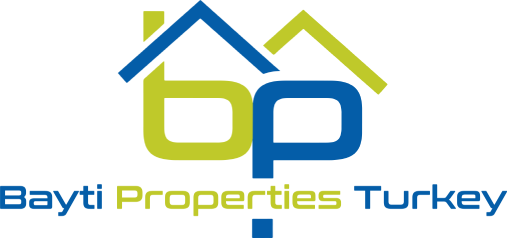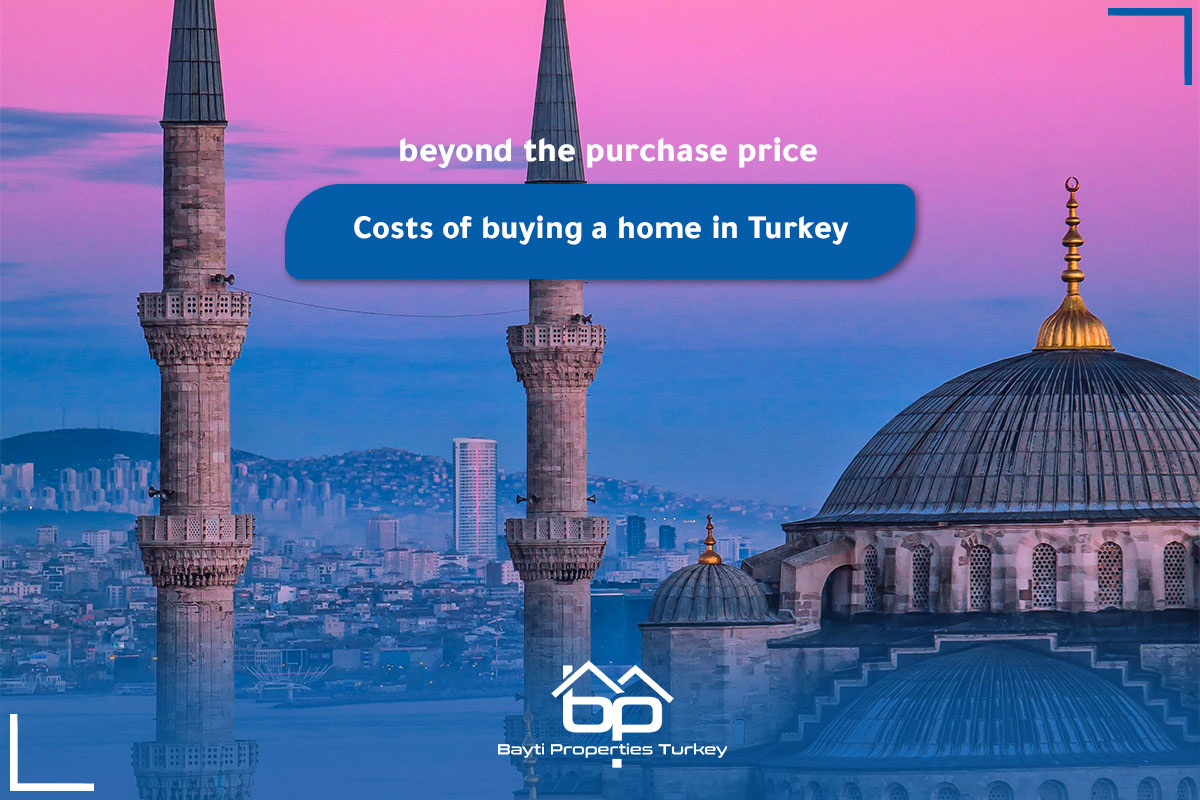When it comes to purchasing property in Turkey, clients frequently ask about the additional costs they will incur, beyond the purchase price. We advise allocating 7-8% of the purchase price to cover expenses and costs, keeping in mind that these are one-time fees. Turkish property taxes and maintenance fees are significantly lower compared to those in Spain, amounting to roughly a third of the latter and less than a quarter of what one would pay in France.
As an example, consider purchasing a home in Turkey with a purchase price of 200,000 Euros. In addition to the price of the property, you can expect to pay roughly 15,000 Euros in fees and costs.
The Turkey property buying tax, also known as stamp duty, is 4% of the property’s assessed value. Generally, the assessed value is around 60% of the purchase price, and stamp duty is paid upon registering the property title deed in the buyer’s name. If purchasing an off-plan property, buyers need not worry about this tax until the construction is finished.
In Turkey, under-declaration of property value is common, so tax authorities assess the reasonableness of property declarations. They typically accept 50-60% of the actual market value as reasonable.
Real estate solicitors in Turkey typically charge between £1,000 and £1,500 (1,200-1,800 Euros) for their services, but this can vary based on the complexity of the transaction and property purchase. These fees are paid upon signing the property purchase contract. It’s recommended to invest in a solicitor to ensure secure property purchase, as skipping this step is often the cause of buyer scams.
A standard 3% agency fee is charged in Turkey. Be careful of companies that attempt to charge more or less than the standard rate. Companies that charge less often recoup this fee from the developer, who in turn passes it onto the buyer. Property Turkey never charges more than the standard 3% fee for their assistance in the property search. Agency fees are payable upon signing the property purchase contract as standard.
Additional paperwork and approval fees amount to around 500 Euros when purchasing property in Turkey.
Compared to other European nations like Spain, Italy, and France, the fees for purchasing property in Turkey are relatively low. In Spain, Italy, and France, one can expect to pay up to 10-20% extra in fees. With these low costs and appealing options for holiday homes, retirement homes, and a life in the sun, buying property in Turkey is a wise investment. Note that since 2017, foreign buyers are exempt from paying value added tax (VAT) on their first home in Turkey, on the condition that the purchase is made with foreign currency and the property isn’t sold for at least 12 months.
When it comes to real estate investment in Turkey, the country’s property market is experiencing a surge in popularity among foreign investors. Turkey is an attractive option for investors looking to diversify their portfolio due to its low property prices, excellent rental yields, and the possibility of capital appreciation. Additionally, Turkey’s geographical location provides easy access to Europe, Asia, and the Middle East, making it an ideal location for property investors. Furthermore, the Turkish government has implemented numerous incentives for foreign investors, including citizenship programs, tax exemptions, and investment opportunities in key sectors of the economy. These factors make investing in Turkish real estate a smart decision for both experienced and novice investors alike.


